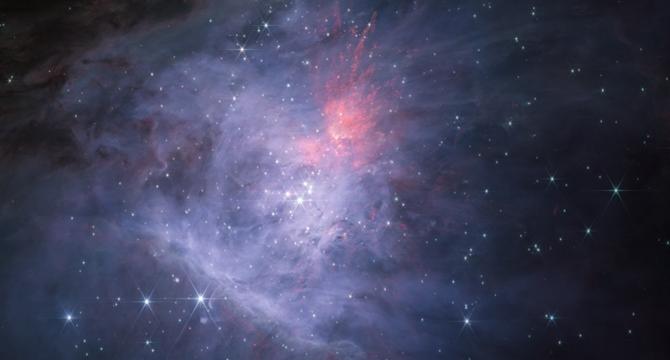Universe Today
1M
195

Image Credit: Universe Today
Rogue Planets are Born in Young Star Clusters
- Rogue planetary-mass objects, known as free-floating planets (FFPs), drift through space unbound to any other objects with uncertain origins.
- New research suggests that these FFPs are born in young star clusters where circumstellar disks interact with one another.
- PMOs don't fit neatly into existing categories of stars or planets, formed by a different process as per simulations.
- The research, titled 'Formation of free-floating planetary mass objects via circumstellar disk encounters,' highlights the unique origin story of PMOs.
- Astronomers first found evidence of rogue planets in the Trapezium Cluster in 2000, with subsequent findings raising questions about their origins.
- Hydrodynamic simulations show that PMOs are formed in dense environments within young star clusters, interacting and forming pairs or triplets.
- Simulation results indicate that PMOs form in the interaction of circumstellar disks during close encounters between stars in clusters.
- PMOs are metal-poor and likely to have their own disks, with their formation dependent on specific interaction velocities.
- PMOs emerge from gravitational chaos of disk collisions, representing a third class of celestial objects with a distinct formation process.
- The research signifies that dense clusters like Trapezium play a crucial role in producing PMOs, reshaping our understanding of cosmic diversity.
Read Full Article
11 Likes
For uninterrupted reading, download the app